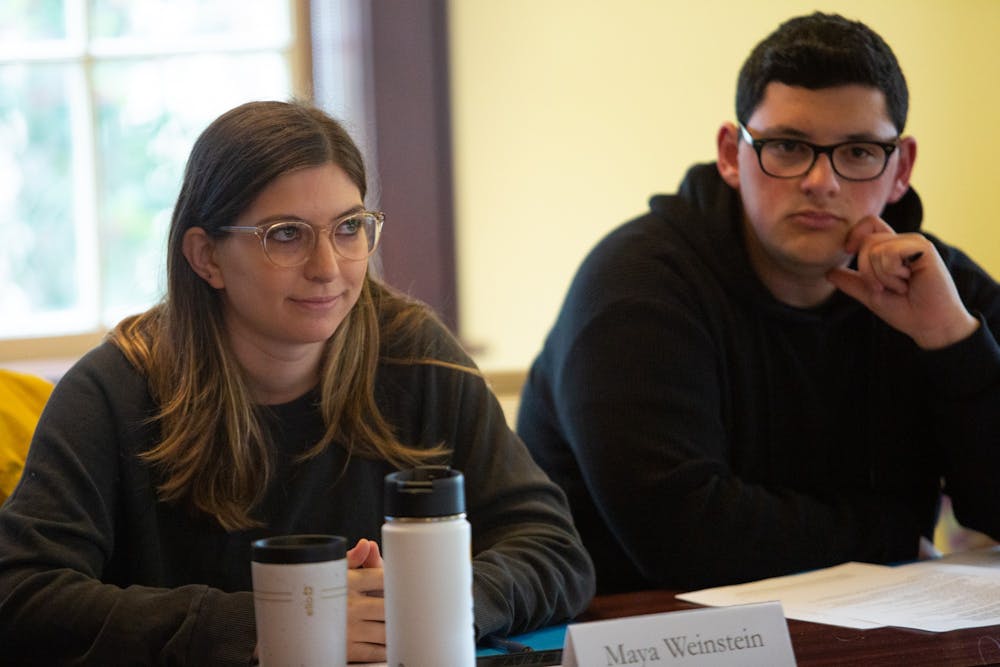The Campus Safety Commission met Wednesday morning to discuss the impending Summit on Safety and Belonging. Chief of Police David L. Perry also explained UNC Police’s controversial use of geofencing to filter social media profiles for safety threats.
The summit, organized by Chancellor Guskiewicz and the commission, will be held from 6 to 8 p.m. on Jan. 28 in room G100 of the Genome Sciences Building. Attendees will be able to hear updates about safety on campus and learn about the commission’s work.
Commission members discussed potentially changing aspects of the summit, including its location and the level of audience interaction. They held different views about Chancellor Guskiewicz’s involvement and the summit’s goal.
Law professor Eric Muller said the meeting should be about the commission’s work.
“I don’t think this is about Kevin, Kevin has made his statements about his commitment to safety,” Muller said. “What he said is ‘I’ve appointed this safety commission.’ I think this meeting is about us in terms of establishing our credibility.”
Law student Maya Weinstein said this was not the commission’s summit.
“I really feel like they created this mostly, and it’s not us giving feedback and listening more and putting the Chancellor in the hot seat,” Weinstein said. “It does feel more of like a presentation and parade of all these things. And I will accept that for this because we have two weeks.”
Frank Baumgartner said the ultimate goal was to provide the community with information.
“It’s time to present some harsh truths, present some targets for reform, and then it is on the Chancellor to say, 'You know what, I’m not gonna do any of this stuff,'" Baumgartner said.




